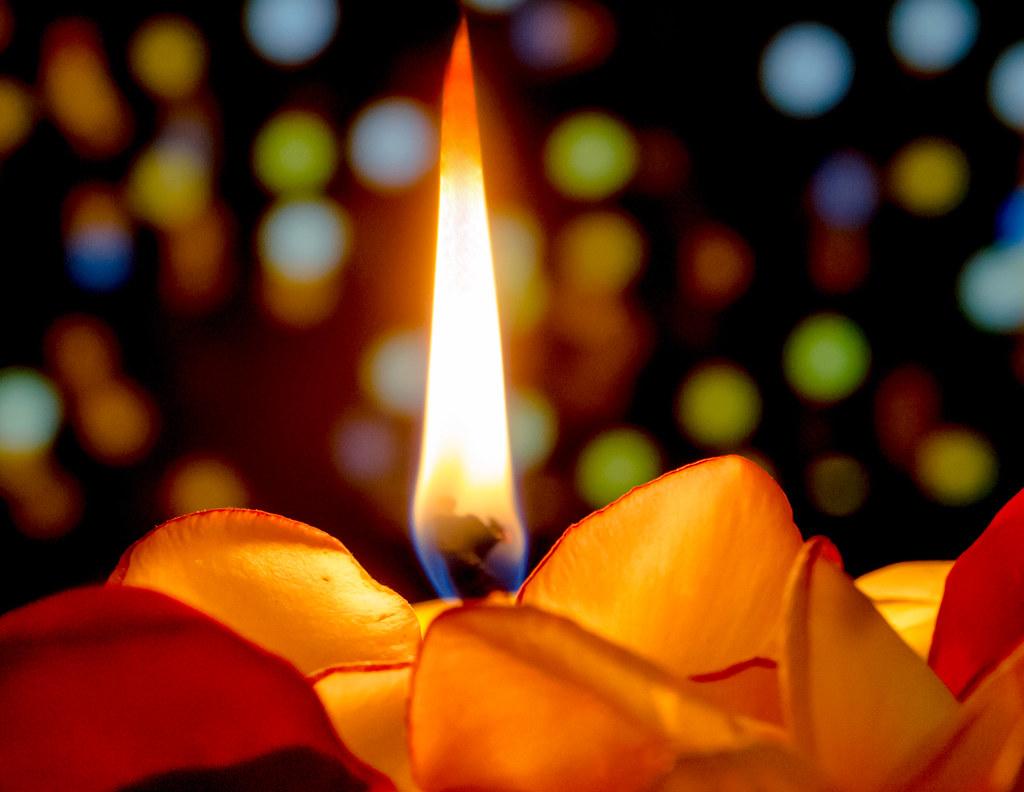In the quiet moments between the rush of daily life and the noise of our own thoughts lies a sanctuary—a space where healing and self-acceptance gently unfold. This sanctuary is accessible to all, regardless of where we find ourselves on our personal journeys. It is the practice of meditation, an ancient art that beckons us to sit in stillness and listen to the whispers of our inner selves. As the modern world accelerates and external pressures mount, meditation offers a retreat into the depths of our being, inviting us to explore the profound power of self-healing and the grace of self-acceptance. This article delves into the transformative potential of meditation, exploring how it can nurture the mind, soothe the spirit, and guide us towards a more harmonious relationship with ourselves.
Meditation as a Pathway to Inner Peace and Recovery
Embracing meditation can be a transformative journey toward healing and self-acceptance. It encourages a deeper connection with oneself by fostering mindfulness and awareness. Through consistent practice, individuals often experience a profound sense of calm and clarity. This tranquility serves as a foundation for confronting past traumas, emotional pain, and self-doubt, allowing for a gentle release and acceptance of these burdens. Meditation nurtures the spirit, creating a sacred space where inner conflicts can be reconciled and personal growth can flourish.
Benefits of incorporating meditation into your healing journey include:
- Reduced stress and anxiety levels
- Improved emotional resilience
- Enhanced self-awareness and understanding
- Increased compassion and empathy towards oneself and others
- Promotion of overall mental and physical well-being
Integrating meditation into daily life doesn’t require grand gestures or extensive time commitments. Simple practices, such as focusing on the breath or guided visualizations, can be woven seamlessly into even the busiest schedules. As these practices become habitual, they cultivate a mindset of acceptance and openness, paving the way for profound healing and personal transformation.

Cultivating Self-Acceptance through Mindful Practices
Incorporating meditation into your daily routine can serve as a powerful tool for healing and embracing self-acceptance. Through mindfulness, you can begin to observe your thoughts and emotions without judgment, cultivating a deeper understanding of yourself. This practice helps dismantle the barriers that often prevent us from truly accepting who we are. When meditating, focus on the present moment and let go of any preconceived notions about what you should feel or think. Over time, this acceptance of the present moment translates into acceptance of the self.
- Guided Meditation: Utilize audio guides that focus on self-love and acceptance to help direct your meditation sessions.
- Breathing Exercises: Concentrate on your breath to anchor yourself in the present, fostering a sense of calm and clarity.
- Body Scan: Conduct a mental scan of your body to release tension and become more in tune with your physical and emotional states.
- Gratitude Practice: Conclude your meditation by reflecting on aspects of yourself that you are grateful for, reinforcing positive self-perception.
By engaging in these mindful practices, you gradually learn to appreciate yourself as you are, promoting healing and a harmonious relationship with your inner being.

Harnessing the Power of Meditation for Emotional Healing
Meditation offers a transformative journey toward emotional well-being, unlocking pathways to profound healing and self-acceptance. Through the gentle art of mindfulness, individuals learn to embrace their emotions without judgment, cultivating a compassionate inner dialogue. This practice encourages a deeper connection with one’s true self, fostering an environment where emotions can be acknowledged and released. As the mind quiets, the heart opens, allowing a natural flow of healing energy to permeate one’s being.
- Enhance emotional resilience by observing thoughts without attachment.
- Develop self-compassion through regular mindfulness exercises.
- Foster a non-judgmental awareness of emotional patterns.
- Empower personal growth by embracing vulnerability and authenticity.
Incorporating meditation into daily life not only aids in emotional recovery but also nurtures a profound sense of self-worth. As individuals journey inward, they discover a sanctuary of peace and acceptance, unveiling the limitless potential of the human spirit. With each mindful breath, meditation becomes a beacon of hope and a testament to the innate power of healing from within.

Practical Techniques for Integrating Meditation into Daily Life
Integrating meditation into your daily routine can be a transformative journey towards healing and self-acceptance. Here are some practical techniques to seamlessly weave meditation into your everyday life:
- Morning Mindfulness: Start your day with a brief meditation session. As you wake up, dedicate just five minutes to sit quietly, focusing on your breath. This sets a calming tone for the day and nurtures a peaceful mindset.
- Mindful Moments: Throughout the day, take advantage of short breaks. Whether you’re waiting for your coffee to brew or sitting in traffic, use these moments to center yourself. Close your eyes, breathe deeply, and let go of any tension.
- Evening Reflection: End your day with a reflective meditation. As you wind down, spend a few minutes acknowledging your achievements and accepting any imperfections. This practice encourages a sense of gratitude and self-compassion.
By incorporating these small yet powerful techniques, meditation becomes a natural part of your lifestyle, fostering a deeper connection with yourself and promoting holistic well-being.
The Conclusion
As we draw the curtains on our exploration of meditation as a path to healing and self-acceptance, we find ourselves at a gentle crossroad. The journey we’ve taken is not one that promises immediate transformation, but rather a gradual unfolding of the self. Meditation invites us to sit with our imperfections, to embrace the ebb and flow of our emotions, and to cultivate a sanctuary within our own minds. It whispers the truth that healing is not about erasing the scars of our past, but about weaving them into the tapestry of our being with compassion and understanding.
In the quietude of meditation, we learn to listen—to the whispers of our hearts, to the rhythm of our breath, and to the silent wisdom that resides within. As you step away from these words and back into the cadence of your life, may you carry with you the gentle reminder that the path to self-acceptance is a lifelong journey, best traveled with patience and grace. In the vast landscape of your inner world, may you find peace in the pauses, strength in the stillness, and a boundless well of healing waiting to be tapped.
